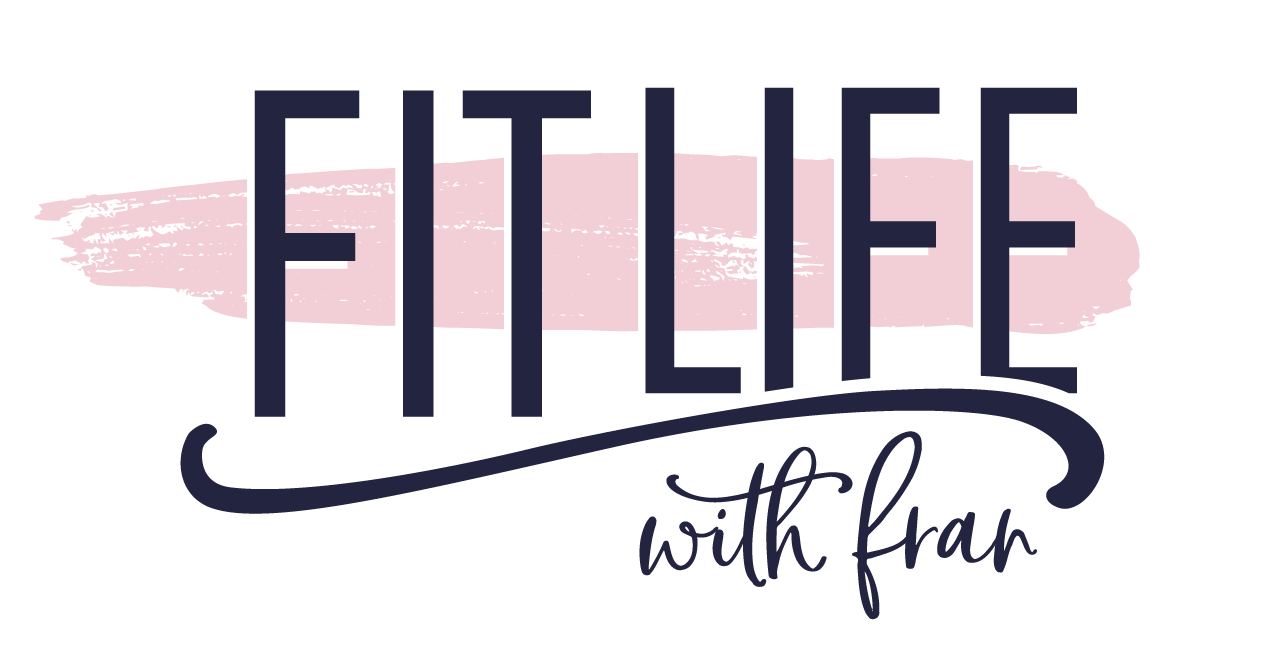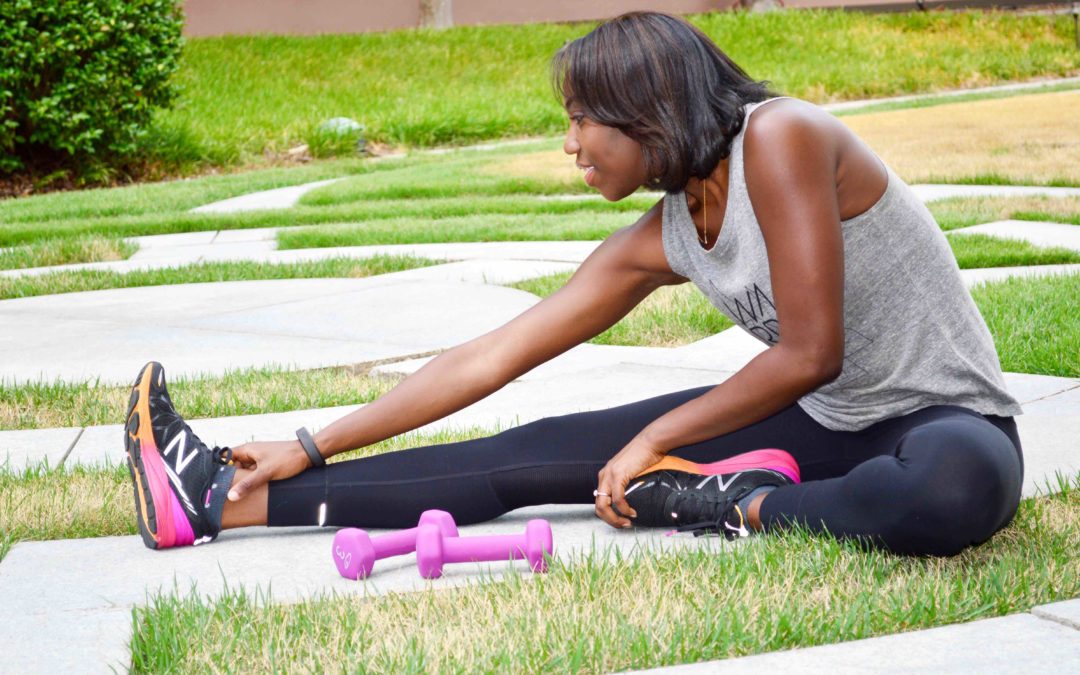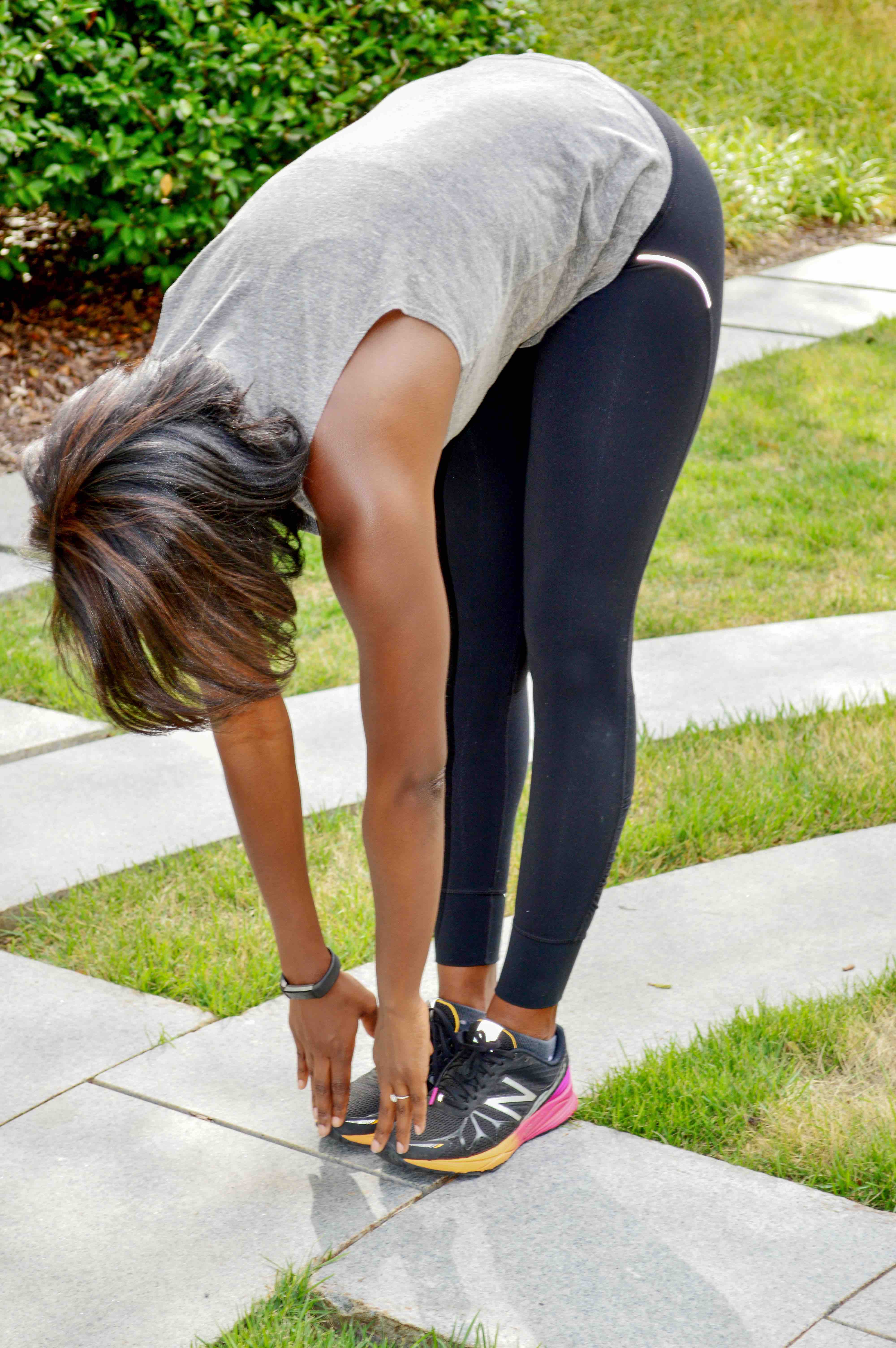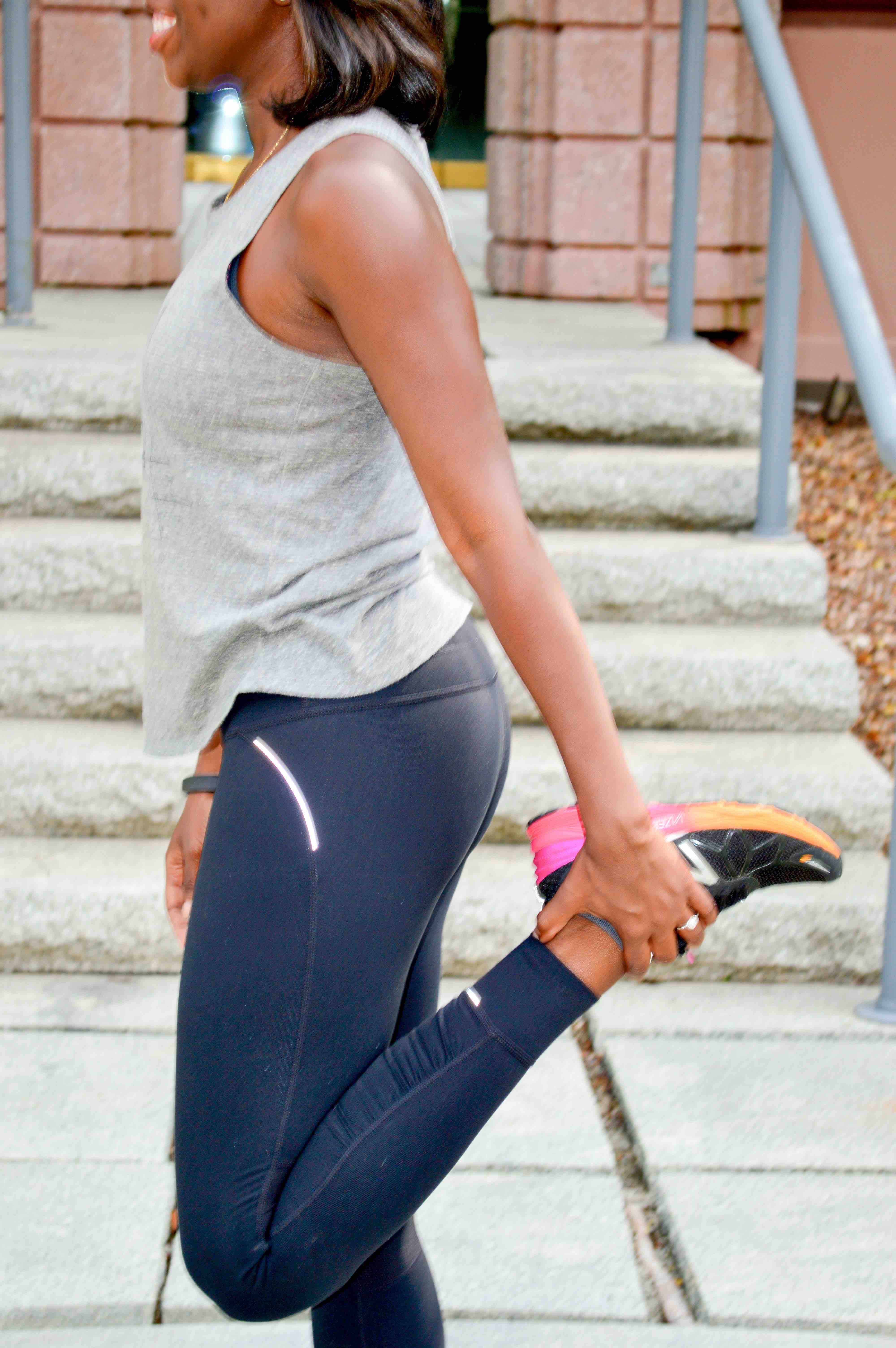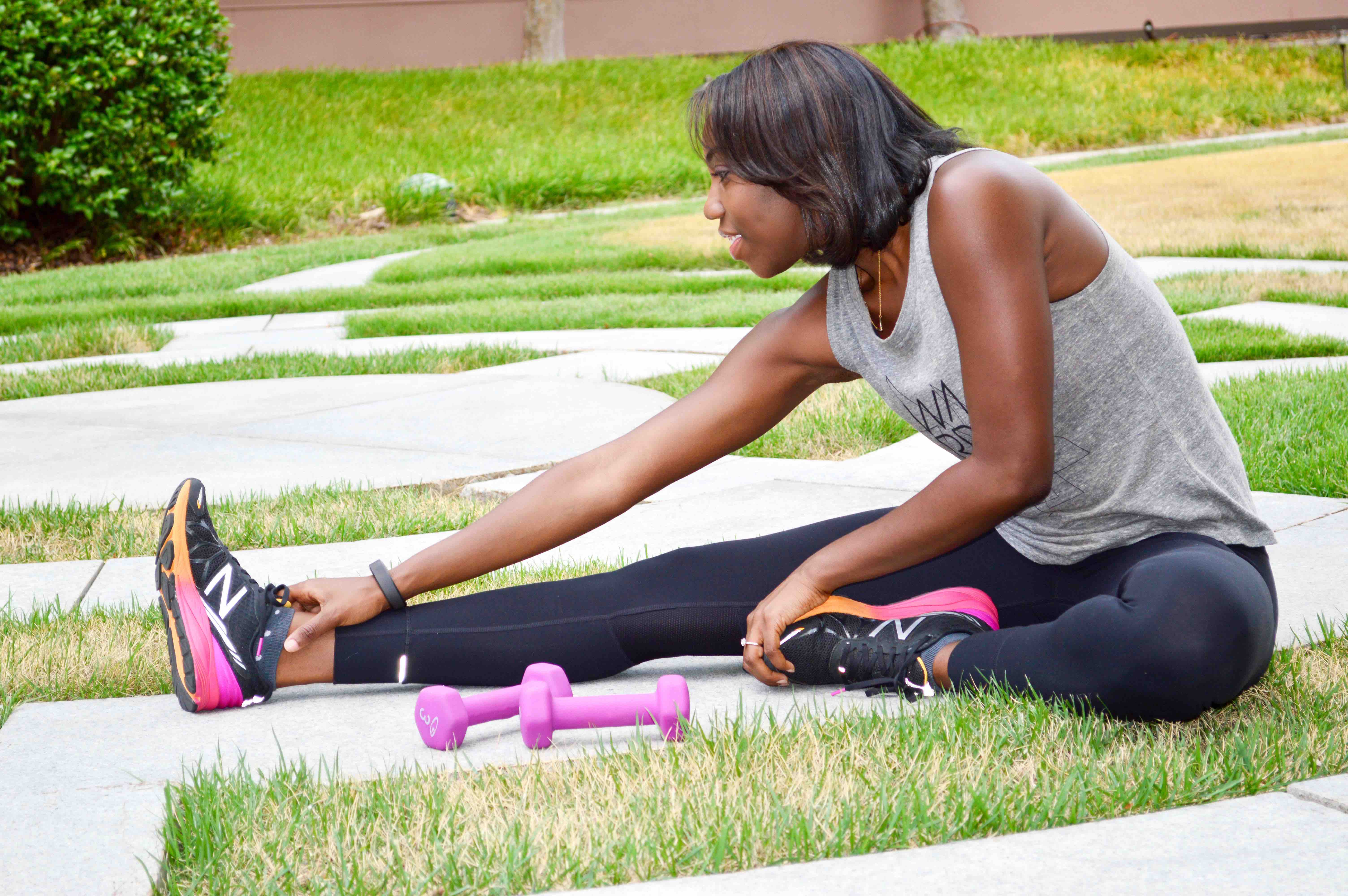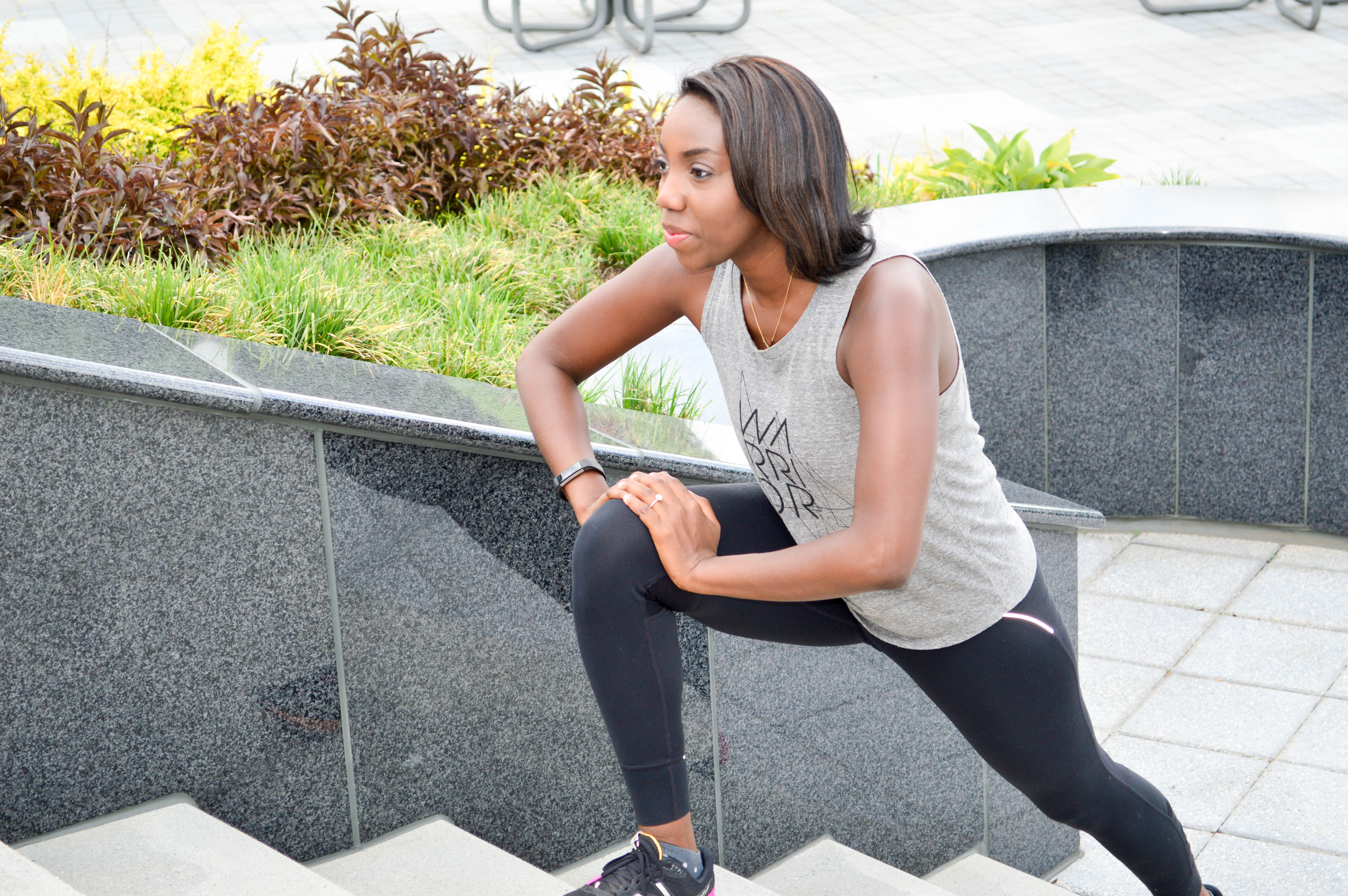Whether you’re new to running, or have been doing it for quite sometime, most people can agree on the importance of stretching. It helps to keep your muscles loose, warm, and can actually prevent injury and strain. So, let’s take a look at 6 post run stretches every runner should do, and ways you can implement them into your running routine from now on.
** The most important thing to note with these stretches is that they should be performed after your run, not before. Static stretches are never a good idea before you’ve done your workout, because when your muscles are cold, they can tear when stretched. Instead, do a warm up, or some moving stretches before your run, and save these static stretches for your cool down. **
Quad Stretches
Your quadriceps, or ‘quads,’ are located on the front and sides of your thighs. If you run outdoors, and have a lot of hills to combat, stretching out your quads afterward can be a great way to prevent cramping and strain.
To stretch your quads, try simply standing upright, and pulling your leg behind you with that same hand – it’s okay to touch a wall or chair for balance. Stretch for several seconds, and then repeat on the other side.
Calf Stretches
Without properly stretching your calves, you’re really allowing yourself to become more prone to injury after a run – especially if you’ve gone a lengthy distance.
To stretch out your calf muscles, stand with your left foot behind your right, and bend your right leg forward, while keeping your left straight until you feel a stretch. It can help to do this against a wall for balance, and for a deeper stretch.
Hamstring Stretches
From the back of your hip to the back of your knee, you’ll discover your hamstrings, and if you haven’t stretched them out properly, you’re likely to know it!
The best way to stretch out your hamstrings is actually by sitting on the ground, extending one leg, and lean forward slightly while touching that foot – but be sure not to overdo it! Repeat this with both legs, but be careful not to overstretch. This should be a gentle ‘pull,’ not something that feels painful in any way.
Glute Stretches
Your glute muscles are the ‘core’ of the power behind your run. They make up the buttocks region, so if you want to improve your stride, and your ability to run long distances, proper stretching is a necessity for these muscles. Plus, stretching them out feels great! Try laying on your back, and bring in one leg at a time by ‘grabbing’ your knee and pulling it toward your chest until you feel the stretch. Repeat several times.
Lower Back Stretches
You might not often think of your back when it comes to the kinds of muscles you use while running, but you could be impacting your lower back more than you realize. This is especially true if you run on hard surfaces – with each step, you’re causing pressure on your back, and if not properly stretched, you could actually cause some serious damage. Luckily, stretching it out after a long run is fairly easy to do, and doesn’t take much time. A good way to stretch out your lower back is by laying on your stomach (preferably on a soft surface or mat), and doing a few push up until you feel the stretch. It’s quick, easy, and efficient!
Hip Flexor Stretches
The hip flexors are essentially the muscles that make up the innermost part of your hip. If you’ve ever experienced hip pain after running, it’s likely because these flexors weren’t properly stretched. They can get tight very easily, so a few long stretches after running can get rid of the pain, and allow you to feel much looser. You can stretch out your hip flexors by kneeling on the ground, and putting one foot in front of you at a 90-degree angle – almost as if you were about to propose to someone! Lean forward just a bit until you feel a stretch in your hips, and hold it for a few seconds, before switching sides.
I hope these stretches help on you on your run! They will feel great after a long run, and will save your body from potential injuries, too.
Have a race coming up or running goal? Leave a comment below — I’d love to hear from you.
